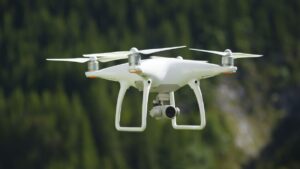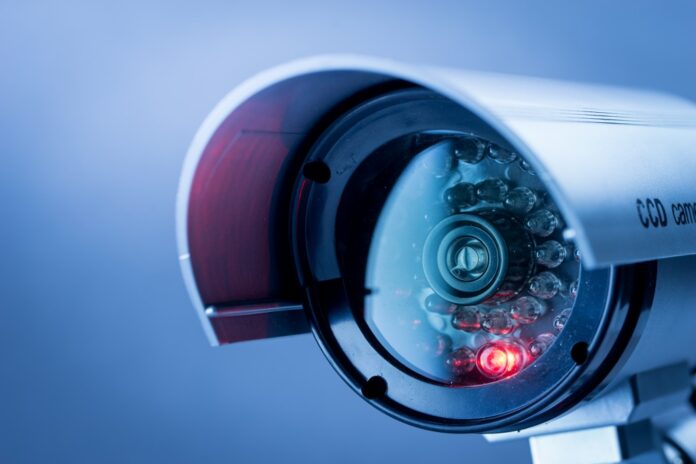In Nigeria, the challenge of combating robbery remains a significant concern for residents and law enforcement alike. As the population grows, so does the complexity of maintaining safety and security.
However, recent technological advancements offer new hope in the fight against crime. From surveillance systems to social media, technology is reshaping the urban security, promising a future where citizens can feel safer in their communities.
One of the most visible technological tools in combating robbery is the deployment of Closed-Circuit Television (CCTV) cameras. These cameras are strategically placed in high-crime areas, offering real-time monitoring and recording of activities.
For instance, in Lagos, the government has installed numerous CCTV cameras across the city to monitor traffic and crime. This surveillance network has proven effective in deterring potential robbers and assisting law enforcement in identifying and apprehending suspects.
The presence of CCTV cameras serves as a deterrent to would-be criminals, knowing their actions are being watched and recorded. Additionally, in the event of a robbery, footage can be reviewed to gather crucial evidence, identify perpetrators, and bring them to justice. The integration of facial recognition technology further enhances this capability, allowing for quicker identification of suspects even in crowded places.

Smartphones have revolutionized how citizens interact with law enforcement agencies. Mobile technology has enabled the development of emergency apps that allow individuals to report crimes and suspicious activities instantly.
This immediate reporting mechanism ensures a faster response time from law enforcement, increasing the chances of catching robbers in the act or shortly thereafter.
Moreover, these apps can provide users with alerts about criminal activities in their vicinity, helping them avoid dangerous areas. This crowdsourced approach to safety creates a community of vigilant citizens who can collectively contribute to reducing crime rates.
Drones have emerged as a versatile tool in the fight against crime, providing aerial surveillance that is both efficient and cost-effective. These unmanned aerial vehicles can cover large areas quickly, capturing high-resolution images and videos that are invaluable for real-time crime monitoring and investigation.

The use of drones also enhances police officers’ safety by allowing them to observe potentially dangerous situations from a distance before intervening. This capability is particularly useful in tracking fleeing suspects or surveying hard-to-reach areas.
Technology has also facilitated better communication and collaboration between the police and the public through social media platforms. Law enforcement agencies in Nigerian cities actively use platforms like Twitter and Facebook to share information about crime trends, solicit tips from the public, and engage with community members.
This transparent and interactive approach builds trust and encourages community participation in crime prevention.
For example, the Lagos State Police Command regularly updates its social media pages with alerts about ongoing investigations and requests for information on suspects.
This direct line of communication empowers citizens to contribute to public safety actively.
The integration of technology in combating robbery in Nigerian cities marks a significant step towards creating safer environments. From surveillance systems and mobile apps to drones, these technological tools provide law enforcement agencies with enhanced capabilities to deter, detect, and respond to criminal activities.
As technology continues to evolve, its role in security will undoubtedly expand, offering new possibilities for safeguarding lives and property. By embracing these innovations, Nigerian cities can look forward to a future where residents can live and thrive with greater peace of mind.




